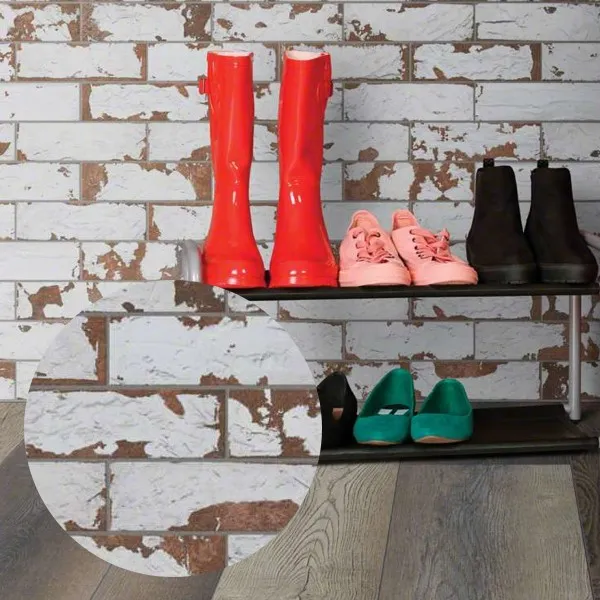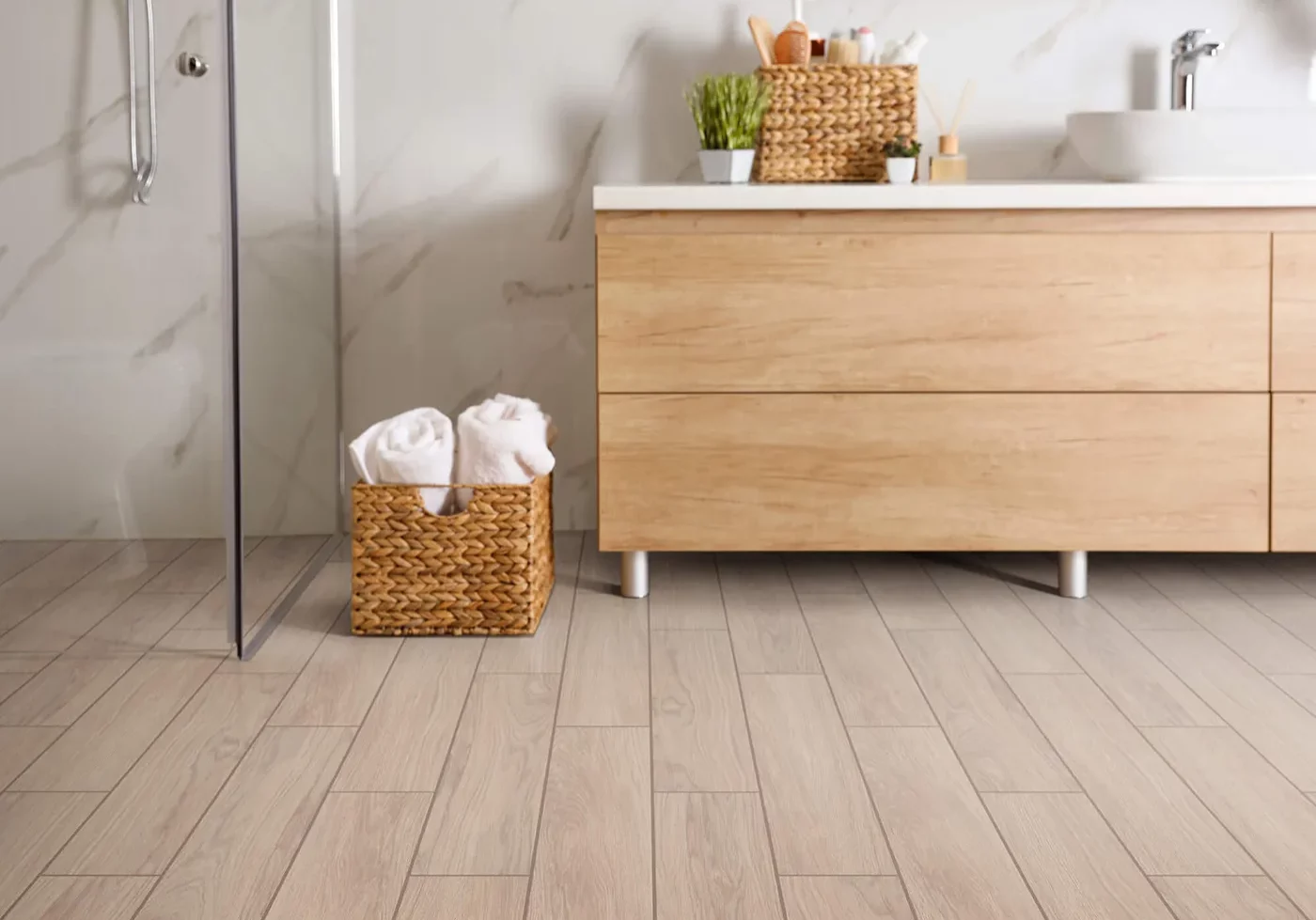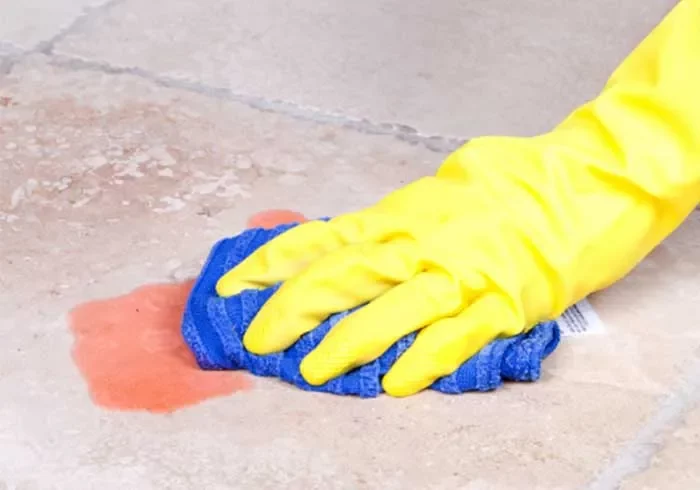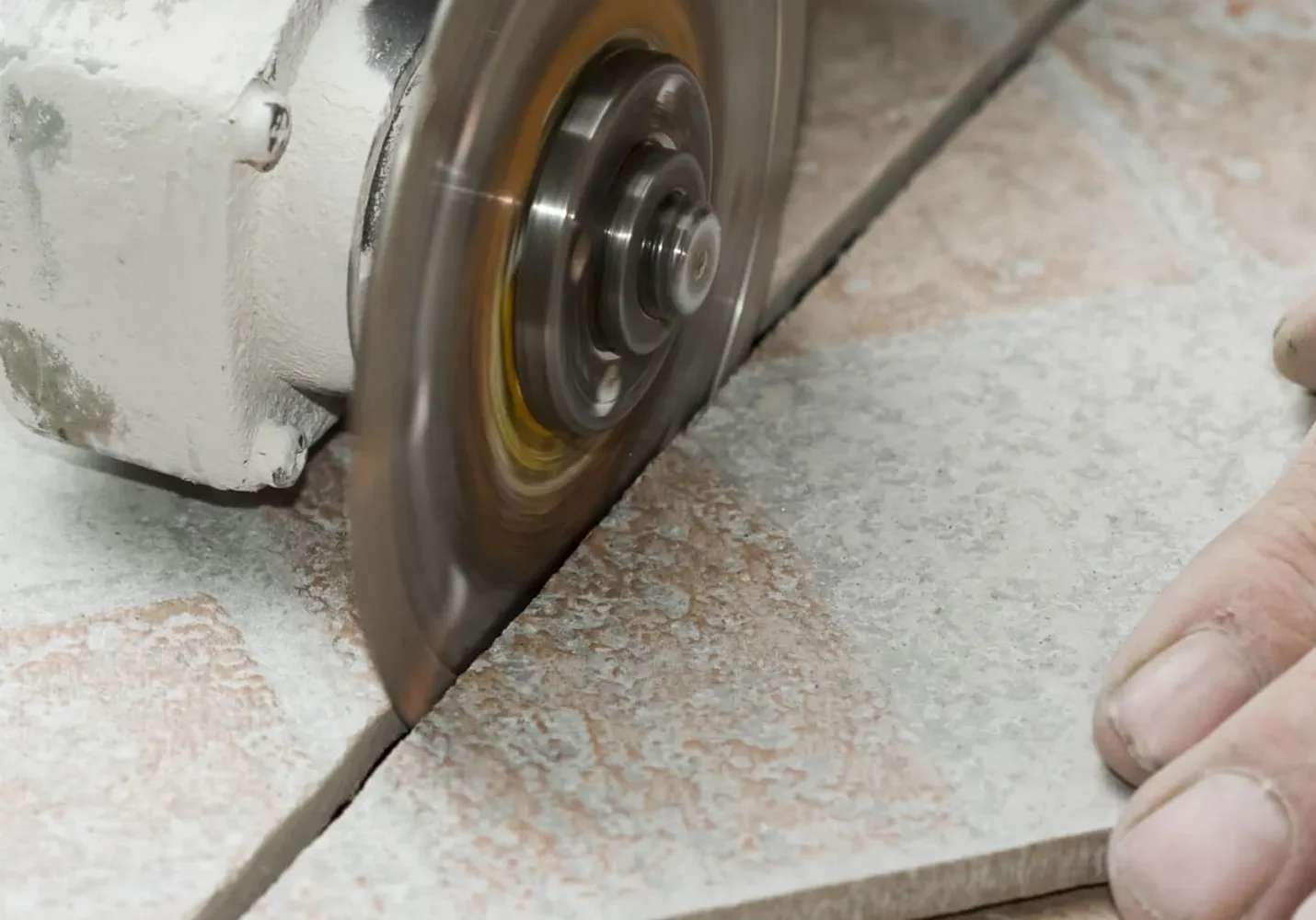TILE
Products
A unique flooring solution, tile has a variety of distinct features that other surface solutions can’t offer. Read on to learn more about tile from TUF Flooring.



A unique flooring solution, tile has a variety of distinct features that other surface solutions can’t offer. Read on to learn more about tile from TUF Flooring.

Discover how you can incorporate ceramic or stone tile flooring into your own home's design.
Our expert's tips for proper cleaning of ceramic and stone tile flooring.
Know what to expect from the installation of your new ceramic or stone tile floors.
Tuf flooring offers a lot of styles
Ceramic tile is made from clay, superheated under pressure into a rigid material of which there are two distinct types:
Both types come in glazed and unglazed forms. Glazed tile is re-fired with glaze that hardens into a glass-like surface coating. This opens up the possibility for a huge array of color and pattern options while simultaneously giving the tile an added resistance to stains, scratches and moisture.
Natural stone tile can be produced from any number of natural minerals, including granite, marble, limestone, travertine, slate and others.
Because tile is so versatile, it’s well-suited for use in designing a variety of areas in the home. Commonly found in bathrooms, kitchens and outdoor areas, it is also frequently used on walls and in decorative backsplashes.
The best place to install your tile will depend largely on the type of tile you’re working with – to that end, we recommend laying out your design first, then choosing a type of tile to match your needs. For example, you’ll find that glazed porcelain or ceramic tile is typically more durable than most types of stone – especially porous rocks such as limestone. The latter is not ideal for areas that commonly experience moisture, humidity or liquid spills – such as bathrooms, kitchens and basements.
If you want to use tile outdoors for your patio or other area, keep the same considerations in mind. Avoid slippery surfaces and porous materials that would be more susceptible to weather damage.




